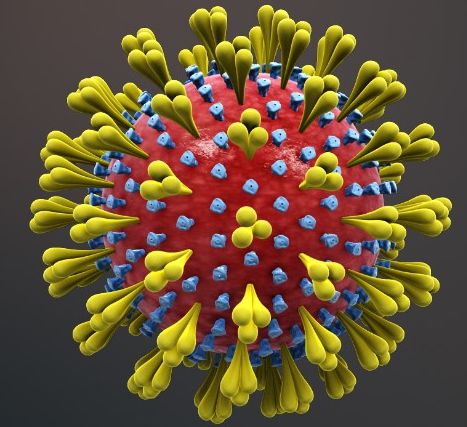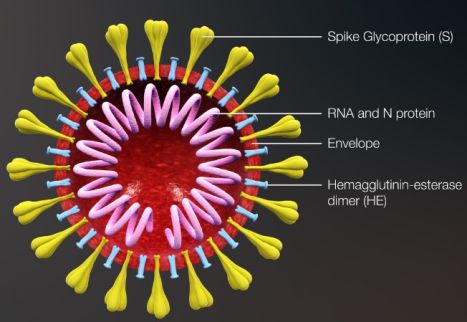
COVID-19 is a respiratory condition, which is caused by the novel coronavirus. Coronaviruses are a family of viruses whose symptoms range from common cold, sore throat and breathlessness to more severe diseases.
It is very important to know about COVID-19 because this virus is contagious and can easily spread by direct contact between people. Sadly, there’s no treatment available for COVID-19 yet.
Therefore, it’s important to gather all the information about this virus to help you prevent its adverse effect.
Symptoms of COVID-19
The most common symptoms of this virus vary from mild flu to pneumonia. While some people can easily recover from this virus, others may get seriously sick quickly.
Usually, people with coronavirus experience the following symptoms:
- Respiratory symptoms
- Fever
- Sore throat
- Coughing
- Breathlessness or shortness of breath
Some other coronavirus symptoms are headache, runny nose, nausea, joint or muscle pains, vomiting, diarrhoea, loss of appetite, altered sense of taste, fatigue and lost sense of smell.
To stop COVID-19 from spreading, people with mild symptoms are encouraged to get tested.
Spreading of COVID-19
The coronavirus spreads easily from one person to another through:
- Coming in close contact with any infectious individual
- Contact with droplets from an infected individual’s sneeze or cough
- Touching surfaces or objects like tables, doorknobs, etc. that may have droplets from the infected individual and then touching your face or mouth
People who are at risk
Most people who at higher risk of getting infected by the virus are:
- Those who have been in contact with anyone who’s diagnosed with coronavirus
- Travellers who recently have been overseas
- People living in common residential settings
- People in detention and correctional facilities
- People who are of 50 years of age or older with some chronic medical condition
- people with the weak immune system or chronic conditions
- People with any disability
- People staying in aged care facilities
Protect yourself and other people around you
Everyone must maintain proper hygiene and try to boost their immunity to slow down the spread of COVID-19 while protecting others who are at higher risk.
One of the best ways to prevent the spread of coronavirus is social/physical distancing. Even governments across the globe are encouraging people to stay within their respective homes and avoid coming in contact with people who might be carriers of coronavirus. Also, stay away from public gatherings.
While staying at home, you may try to boost your immune system by daily working out, eating healthy and drinking a sufficient quantity of water. Till now, these are the only ways to prevent yourself and others around you from COVID-19.
